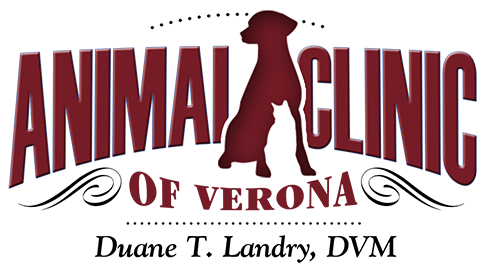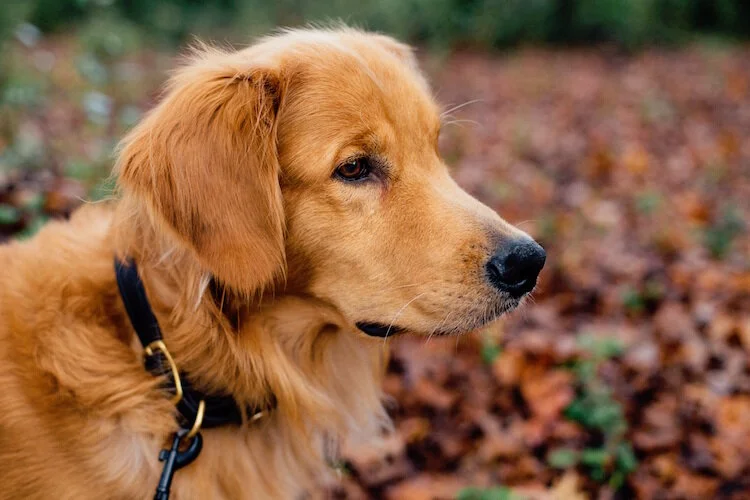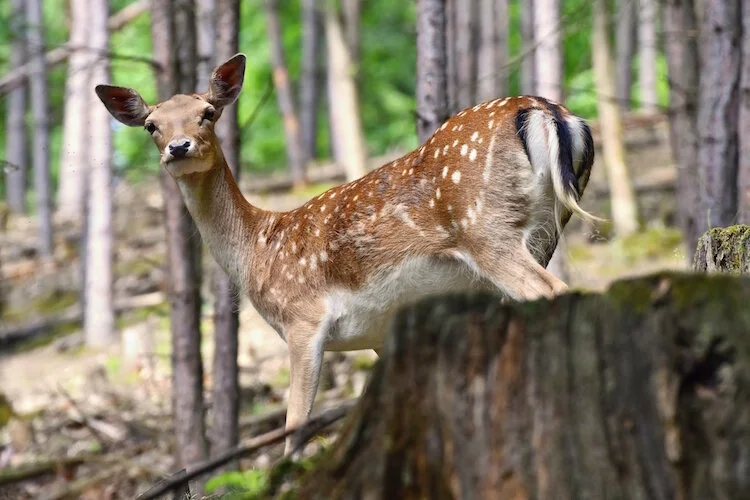Hunting Season Safety Tips
With hunting season around the corner we want to go over how to keep your pet's (hunting and non) safe for the upcoming season. Even though hunting dogs are the most risk our pets should also adhere to these safety precautions!
For your non hunting pet:
Your non hunting pet should not be left outdoors unattended, especially if you live close to a wooded area. Stay with your pet while he or she gets some fresh air or put the leash on them and both of you can go for a walk and get some fresh air.
Find out when hunting seasons begin and end. These vary by state; check out this list from Fish & Wildlife Services to find out when each hunting season begins in your state.
You should avoid going into the woods on opening day and the opening day of certain seasons. Such as when the hunters can shoot any deer. To some it’s a national holiday and there are more hunters in the woods than usual. It’s better to play it safe and walk yourself and your pet somewhere a little more safe. Also, be sure to keep your pet on a leash during hunting season when outdoors. You will want to invest in an orange vest and reflective collar for your pet while taking walks.
For hunting dogs:
As hunting dogs are more likely to run through barbed wire or lacerate themselves by running through dense brush, it’s important to keep your dog in a blaze orange chest protector vest. Not only does this protect vital organs from injury, but it saves on expensive vet bills.
For dogs that don’t have an electronic shock collar on, the excited hunting dog can take off after a scent, resulting in hours of searching for your companion. Make sure identification tags are well secured onto your dog’s collar to ensure a happy reunion.
Make time for frequent water and snack breaks throughout the day.
Heat stroke is always a big risk early in the hunting season – dogs are excited and combined with the higher air temperatures, this can increase chances of heat exhaustion. Keeping a canine first aid kit handy, along with a thermometer, is important in case of emergency. If you notice your dog constantly panting, make sure to take frequent water breaks and water dips (in ponds without blue-green algae.) When in doubt, always play it safe and give your dog a break to cool off.
Be prepared! Make sure to scope out the area where you are hunting and have the phone number for a local veterinarian, emergency veterinarian and Pet Poison Helpline programmed into your phone in the event of an emergency.
By following these safety tips you and your dog will have a safe and fun fall season. These steps will help ensure your pet is not misidentified and injured. #AnimalClinicofVerona Where Pets are family!


